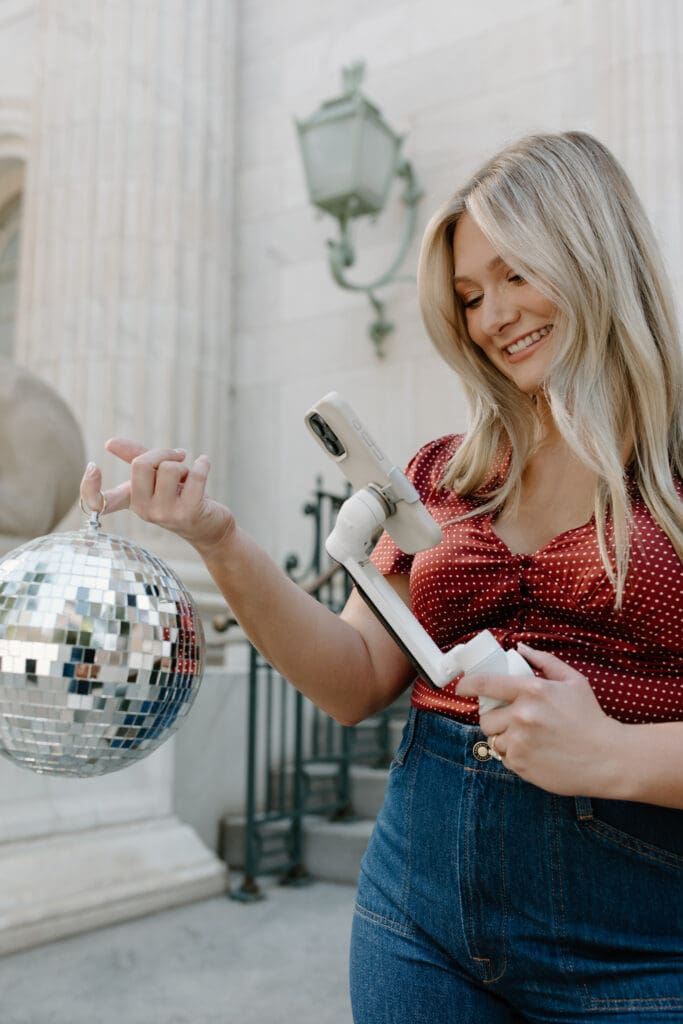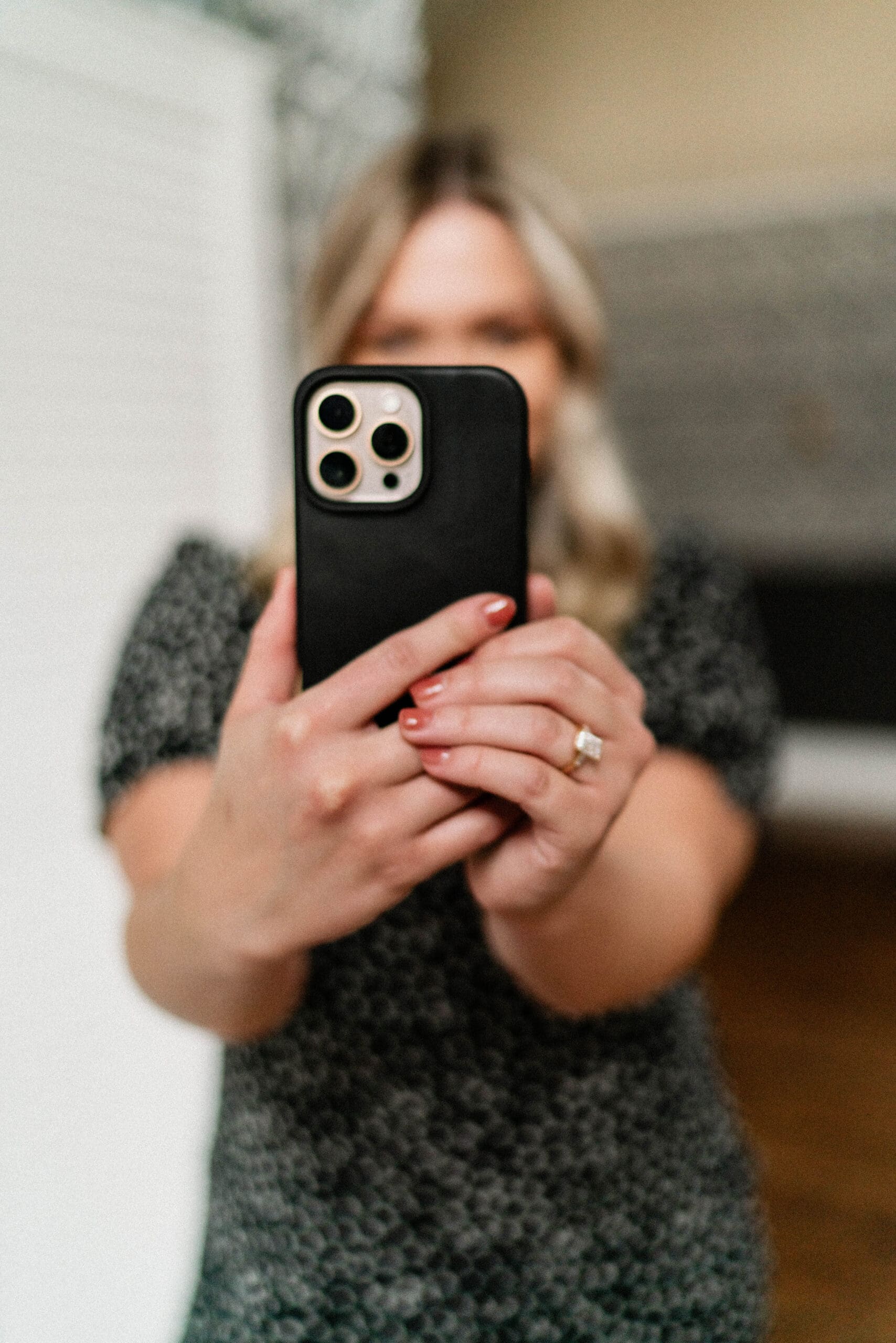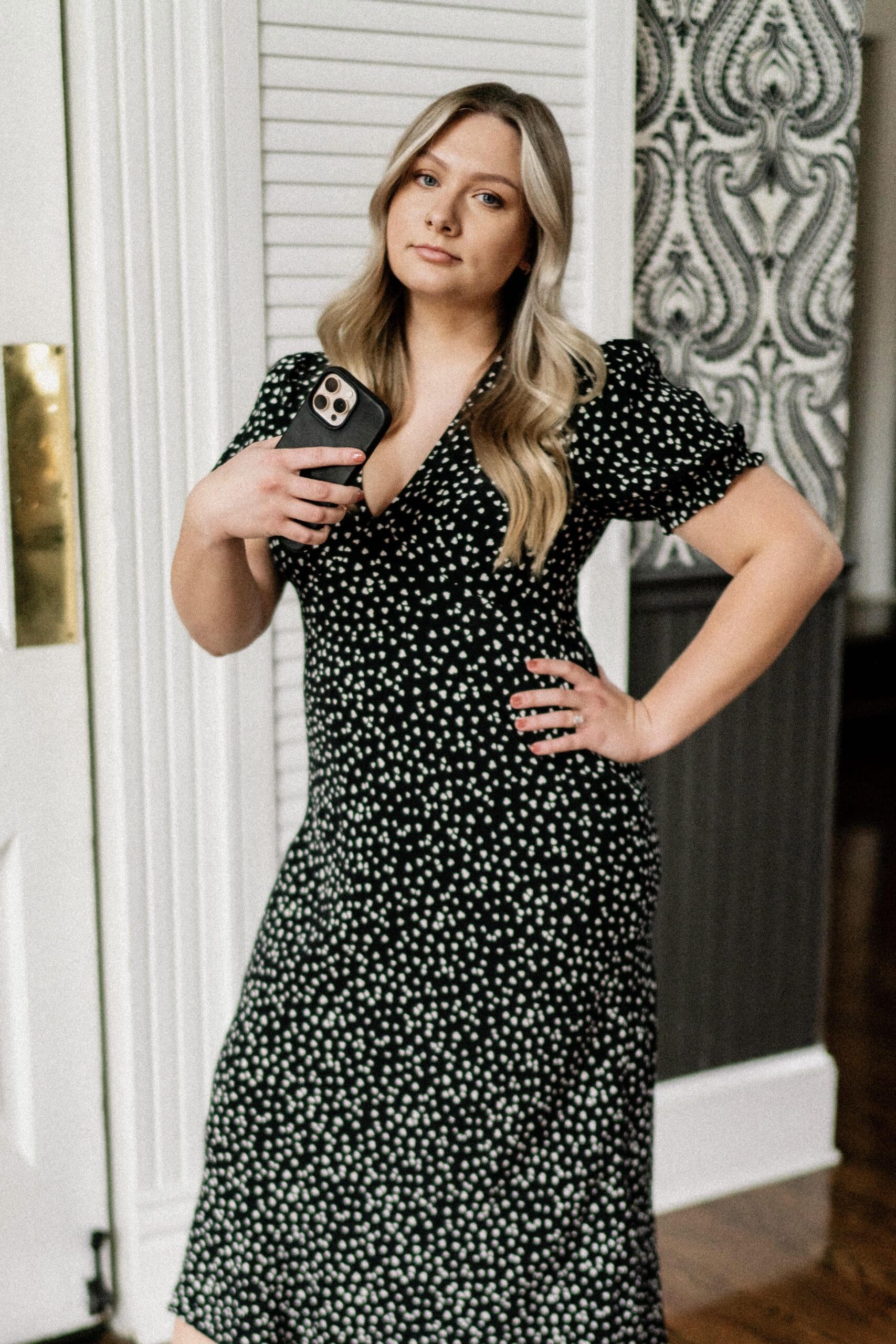If you’re a wedding content creator, chances are you’ve felt it: the occasional side-eye from a photographer, the passive-aggressive remarks from a videographer, or the subtle cold shoulder from planners and coordinators. The wedding industry doesn’t exactly love wedding content creators. Despite being hired by the same couple, and often with the same goal of documenting the day beautifully, we’re not always welcomed with open arms. We’re sometimes seen as outsiders in a long-established circle of vendors.

Part of that resistance comes from the wedding industry’s long-standing attachment to tradition. For decades, the roles were clearly defined: photographer, videographer, planner, florist, DJ. Everyone knew their place, and the process was streamlined. The rise of content creators introduced a new dynamic: fast, informal, often social-media-focused storytelling that doesn’t quite fit into that well-oiled machine. And for some vendors, that shift feels more like disruption than evolution.
We’re also often reminded, sometimes bluntly, that “it’s not about you, it’s about the couple.” And of course, most wedding day content creators agree. It is about the couple. But that same logic should apply across the board. Whether you’re capturing a sweeping drone shot or snapping a candid iPhone reel, we’re all working to serve the same end goal: honoring the couple’s vision. If that vision now includes short-form, social-ready content delivered within 24 hours, then our presence isn’t a distraction, it’s a necessity.
Still, we hear that we’re “ripping off” someone else’s creative vision, that we’re just copying the photographer’s poses or the videographer’s carefully crafted moments and turning them into our own content. But the reality is, we’re often working like flies on the wall. The photographer sets the scene, directs the couple, and builds the moment. We’re simply documenting it as it unfolds. That’s the heart of our role: to capture the day in real time, with minimal interference. Yet the moment we try to contribute, maybe by asking for a specific shot, repositioning the couple slightly, or setting up a quick trend-based TikTok the couple specifically asked for, we’re suddenly being labeled as invasive or disruptive.
It puts us in a tricky position. Content creators are expected to produce unique, engaging content, but are often discouraged from actively shaping it. It’s a balance we’re constantly trying to navigate, respecting other vendors’ space while still delivering what our clients have asked us to create.
To be fair, part of this tension stems from the fact that not every content creator enters the space with the same level of professionalism. Some are new to weddings, unfamiliar with the pace and etiquette, or unsure how to collaborate respectfully on-site. Unfortunately, those few missteps tend to color perceptions of all of us. But for those who do understand the dynamics, we’re simply trying to navigate the fine line between contributing meaningfully and overstepping boundaries.
What often goes unsaid is the deeper frustration many traditional vendors feel: that their role is being diminished or overlooked. Videographers spend years mastering their craft, investing in high-end gear, and building strong, trusted relationships with clients. So when a content creator shows up with an iPhone and delivers a highlight reel before the couple even finishes brunch the next day, it can feel like that hard-earned expertise is being overshadowed. And as more couples start prioritizing content creation in their budgets, the tension isn’t necessarily personal, it’s rooted in the fear of being replaced.
That fear is often fueled by a common misconception: that content creators are just a cheaper alternative to videographers. But that couldn’t be further from the truth. We’re not here to mimic a cinematic eight-minute wedding film complete with emotional music and drone footage. We’re here to create something entirely different: behind-the-scenes clips, intimate unscripted moments, phone-shot TikToks, and Instagram reels that capture the day in a way that feels personal, playful, and immediate. It’s not a knockoff version of videography, it’s a separate service that fills a different creative need.
And yes, our turnaround time is fast, often within 24 to 48 hours. That speed isn’t about cutting corners; it’s intentional. Couples today want to relive their wedding while the day is still fresh in their minds, and share those moments with friends and family almost in real time. Content creation is designed to meet that demand, to deliver something raw, emotional, and immediate while the energy of the day is still in the air.


But even with the best intentions, our presence can create friction especially when we’re capturing the same key moments as photographers and videographers. When content creators are filming first looks, ceremony entrances, or cake cuttings, it’s easy to run into issues around space, timing, and who gets priority. Without clear communication or collaboration, it can feel like a territorial tug-of-war: Who gets the best angle? Who “owns” the shot? These aren’t just logistical concerns. They’re emotional ones, tied to creative ownership and professional pride. And when roles aren’t clearly defined, the tension naturally rises.
All of this boils down to one simple truth: many in the wedding industry still don’t see content creators as essential. We’re seen as “nice to have,” not “need to have.” We’re often treated as less important, given less priority, squeezed into tight windows, or expected to work around everyone else. Online, the discourse can get even harsher, with some photographers and videographers openly refusing to work alongside content creators going so far as to include clauses in their contracts that prohibit or restrict our presence on the wedding day.
But we’re living in the age of social media and short-form content, where couples want dynamic, shareable moments that capture the vibe of their day in real time. It makes perfect sense that this kind of service is in demand and it’s only growing. The reality is, content creation is no longer a passing trend. It’s become a fundamental part of how couples want their weddings documented and shared. Vendors who resist adapting risk falling behind in a rapidly evolving market. To stay relevant, traditional professionals need to embrace these new forms of storytelling, or they risk losing clients to those who do.
We’re not here to compete, we’re here to collaborate. We want to tell the same story you’re telling just through a different lens, on short-form platforms, in a different voice. The wedding industry doesn’t have to love us. But it’s time they start working with us, not against us.
Because at the end of the day, we’re all there for the same reason: to serve the couple. And if they’re asking for content creators, then the industry’s resistance isn’t just against us, it’s against what modern couples actually want.
For more on wedding content creation and industry insights, visit my blog where I share tips, trends, and real experiences from the world of weddings.
Photos by: Nicole Denae Photography & The Wild Side Collective